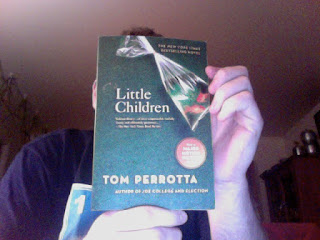I have to be honest: if
Haruki Murakami did not write Underground, I would probably never even pick it
up. He is my favorite writer, as most people who read these reviews know, and
he is my pick for the greatest living writer of fiction, in my very humble
opinion. If I didn’t get around to reading this book in my lifetime, I would
have hated myself. It is also the first nonfiction book I have read for simple
pleasure and not for school, so my opinion is influenced by those two factors.
It is one of only two Murakami books I have not read, the other being his
memoir, What I Talk About When I Talk About Running (which I will be reading
and reviewing before the end of the year), and I am a staunch completest when
it comes to authors and other creators, especially since Murakami is my
favorite author. But at the end of the day, this book is simply a book that was
not meant for me. I am an American who did not really know much about the sarin
gas attacks in Japan by the Aum Shinrikyo cult, and this is a book meant to
explore the cultural impact of such an event on the psyche of Japan. It may
interest some, but not me. What drew me to Murakami were the universal
qualities he wrote so eloquently and simply about, and this book doesn’t really
have that appeal. Through interviews with survivors and members of Aum,
Murakami brings a face to national tragedy that the news media failed to do in
its voracious need for story and juicy details. It is a noble thought, but one
that flew over my head. It is at times repetitive and boring, and the only
interesting part is how smart the members of this cult were. They were not
sheep, just lost souls tired of being marginalized by Japanese society. It is a
profound statement; I just wish it was in one of his awesome novels.
Rating: 3/5




